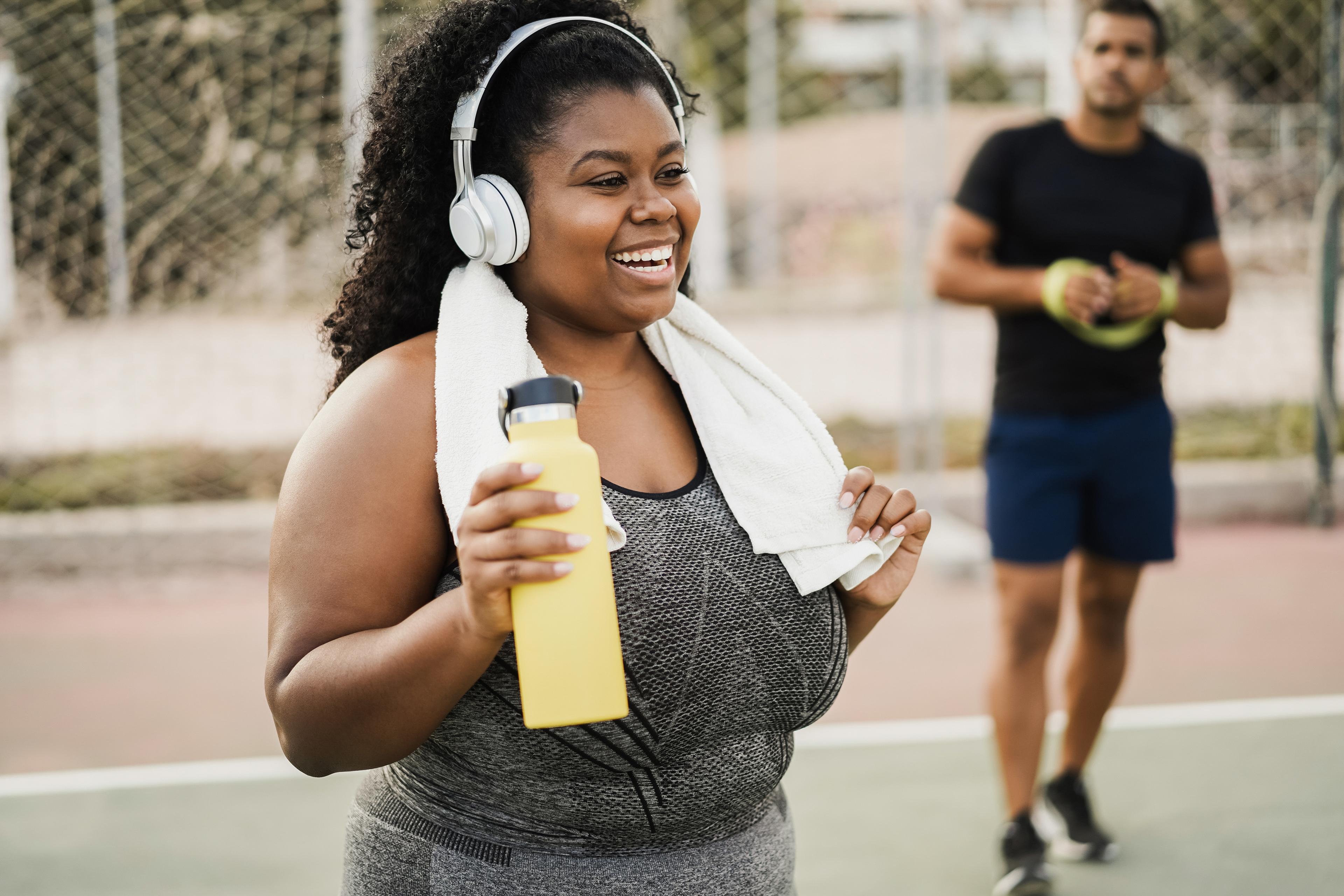Takeaways From 2021 That Will Help Us Do Better in 2022
Shandra Martinez
| 3 min read

There’s no doubt that 2021 was a tough year in a lot of ways. The COVID-19 pandemic entered its second year, ushering the delta variant into our vocabulary. Supply chain shortages became evident on store shelves and for online shoppers, and the Great Resignation had lots of people looking at their jobs with a critical eye. But there were some silver linings, too. There were definitely some takeaways from 2021 that can help us all live better, healthier lives as we enter 2022.
Healthy habits. While the pandemic sparked a lot of anxiety and life changes for many of us, it also began to ingrain some habits that could keep us healthier as we go forward. Some of these common-sense practices include:
- More frequent hand-washing
- Covering coughs and sneezes
- Staying away from other people if you are feeling sick
- Social distancing, especially during cold and flu season
- Wearing a mask in crowded, indoor spaces
Flu defense. Seasonal flu shot reminders were numerous in 2020 and 2021 from not only federal health officials, but from state, county and local health departments, too. As we head into 2022, it’s a good reminder of the power of vaccines to keep us healthy. The U.S. saw a steep decline in flu cases from the fall of 2020 to the end of January, 2021. During that window, just 1,316 cases were reported, according to the Centers for Disease Control and Prevention, compared to nearly 130,000 cases during that time in the previous year.
A researcher at Harvard’s School of Public Health attributed the rapid fall of flu cases not only to people getting the seasonal flu vaccine, but also to those pandemic habits like social distancing and mask wearing. Wearing face masks in the winter might just be the new health trend, said Stephen Kissler, a research fellow at Harvard’s Department of Immunology and Infectious Diseases.
Exercise. When it comes to silver linings during the pandemic, recent research that examined the relationship between exercise, time spent outdoors and improved mental health offers some good guidance for the year ahead. A healthcare company surveyed more than 20,000 people during the early months of the COVID-19 lockdowns and precautions and found that people who exercised and spent time outdoors regularly reported these benefits:
- Fewer feelings of depression and anxiety than people who did not exercise.
- Lower levels of anxiety compared to people who stayed inside.
Embracing remote work efficiencies. Many had their work lives upended during a pandemic that pushed lots of people from their offices. Instead, they learned to create home offices, master video chat etiquette and new tech tools to streamline their work days. And while the door is being cracked open by many companies for return-to-the-office plans, the majority of American workers want to keep their grip firmly on that door handle so they can control how and where they work. Gallup’s State of the Workforce study earlier this year showed that flexibility will be the big demand from workers going forward. Many employees believe they can work smarter – and with better results – if they control their own schedules. Here are some key takeaways from that national study, which will likely be mirrored by employees across Michigan in 2022:
- More than 90% of workers now performing at least some hours remotely want that to continue to be an option.
- Nearly 55% of workers would ideally like a hybrid schedule, split between their home and office, while 37% want to work from home exclusively.
- The biggest reasons to keep their remote schedules include better time management, scrapping the commute, and the ability to achieve a better work-life balance.
Related:
Photo credit: Getty Images





